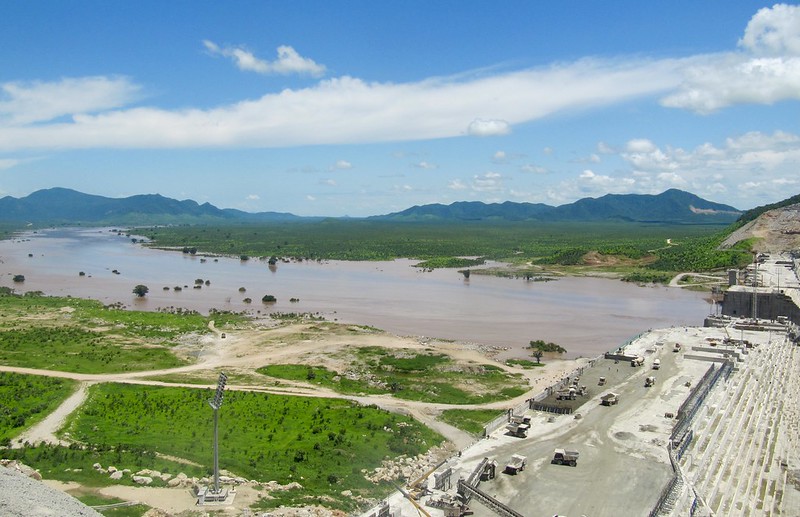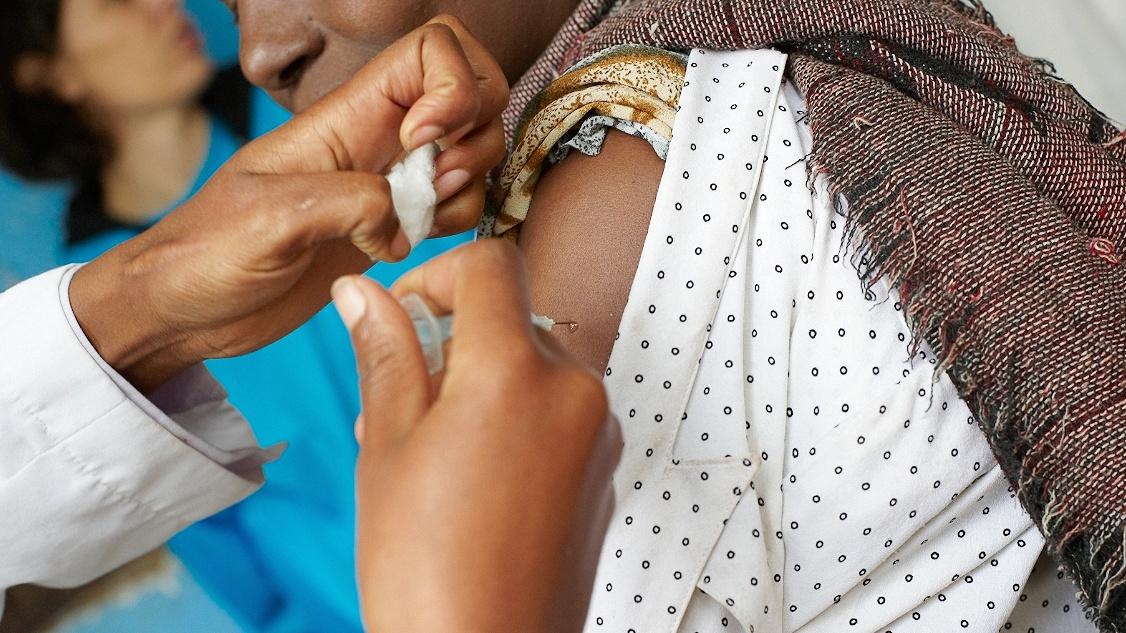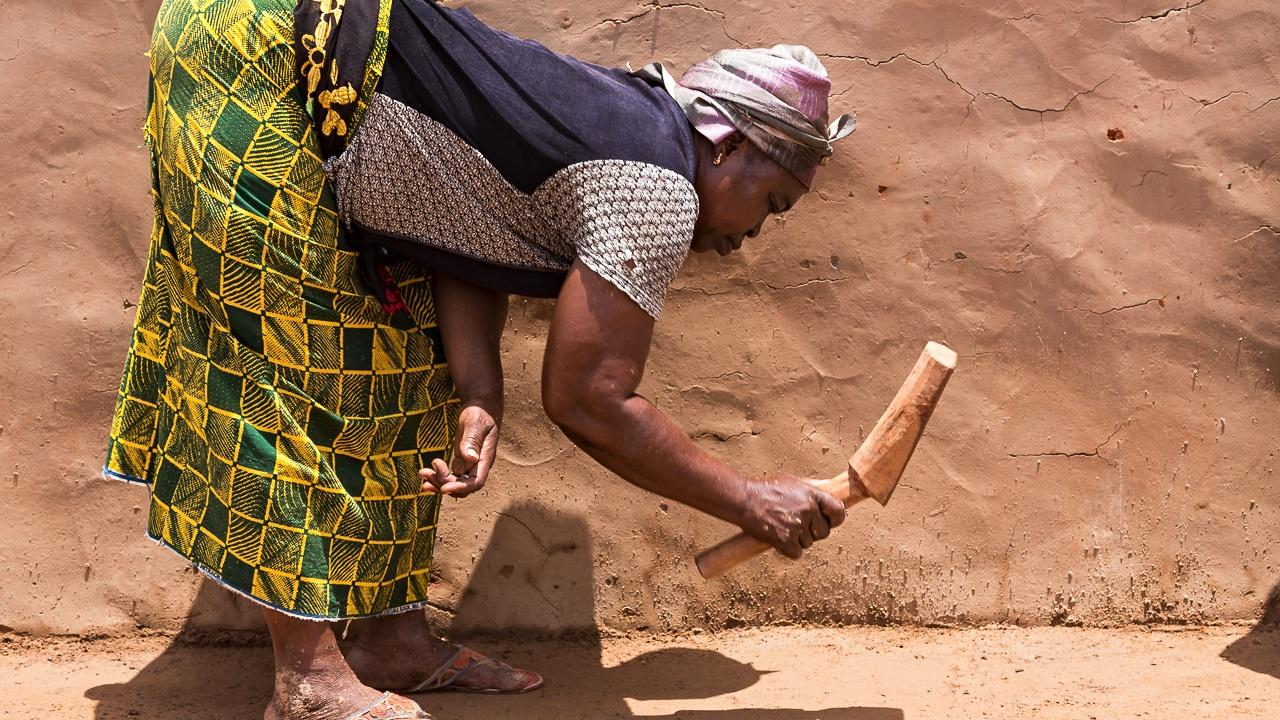LSE’s Olivier Levallois discusses how an award-winning carbon project is transforming people’s lives in Darfur.
For every ten trees chopped down in South Darfur’s forests, only two are replanted. These are official figures from the Sudanese government, approved by the United Nations Framework Convention on Climate Change (UNFCCC). However, Sudan’s Forests National Corporation is powerless to enforce restrictions or control access to Hamada forest, still largely controlled by rebel groups. Consequently, a large majority of the wood collected and sold in the region is non-renewable.
Once turned into charcoal or small pieces of wood, a large portion of this valuable resource is trucked 150 km northward to feed North Darfur’s zaribas, local biomass resellers. Thousands of households are dependent on biomass for fuel and numerous women in El Fasher (the capital of North Darfur) visit zaribas to purchase their daily cooking fuel needs for around 1 USD.

The situation is even more problematic in that some 90% of households in Darfur use traditional methods of cooking: wood-fires in the middle of three stones that balance the cooking pot or locally made charcoal-fired mud and donkey dung stoves. Cooking with these traditional stoves is time consuming and expensive. It also has a huge impact on desertification and deforestation. Additionally, because of the level of smoke emitted from burning wood and charcoal, using traditional stoves is also tantamount to cooking with a charcoal barbecue inside the home, extremely damaging to the health of families.
Although a viable alternative exists in the form of gas stoves, high transportation costs, illegal taxes along the 1,300 km dusty and pothole-ridden road from Khartoum and the limited number of suppliers mean that the stoves and canisters have the prohibitive cost of US$100 by the time they reach rural towns in Darfur. US$100 is also the average local monthly salary of low to middle-income households. However, most households in Darfur live on daily or weekly earnings.
This is where the Darfur Low Smoke Stoves project, which started in 2008, has made a difference. Its efforts are focussed on the conflict-riven town of El Fasher in North Darfur where it has enabled more than 5,000 households to switch from firewood and charcoal cooking fuels to liquefied petroleum gas (LPG) by providing access to a micro-loan facility to purchase a gas stove and a canister. Historically, the high upfront costs of gas stoves have been prohibitively expensive for families in El Fasher. The micro-loan facility for the stoves has had a 90% success rate, mainly because LPG cuts household fuel costs by 50%, but also because it is managed by women within the local community. Monthly repayments are fixed and usually amount to the monthly saving made by beneficiaries on cooking fuel.

Together with brick manufacturing, cooking fuel is one of the main drivers of deforestation and desertification in the broader Darfur region. An average household of eight people will consume the equivalent of 250 to 400 kg of wood per month for cooking purposes. If you multiply this by the number of households in El Fasher and its surrounding refugee camps (around 28,000), it gives you an idea of the magnitude of the quantity of wood being consumed. The United Nations Environmental Programme and the UN Food and Agriculture Organisation depict LPG as a viable energy alternative to slower environmental degradation in the region. By switching cooking fuel from wood and charcoal to LPG, the project reduces reliance on dwindling forest resources.
As well as reducing carbon emissions by replacing wood and charcoal with LPG, the project improves the health of families using the new stoves by reducing their exposure to smoke. Smoke from burning wood and charcoal inside the home causes lung and eye diseases and is responsible for 3.5 million deaths per year, more deaths than HIV/Aids or malaria. Victims are mostly women and children who are inside the home when cooking.
The Darfur Low-Smoke Stove project is funded by the carbon management company Carbon Clear. In partnership with the UK-based NGO Practical Action and the Women’s Development Association Network in El Fasher, the project helps to tackle energy poverty, reduce indoor air pollution, empower women, reduce household expenditure and reduce greenhouse gas emissions.
The project is fully funded by the sale of carbon credits. Registered under the Gold Standard, a high quality certification body, the project generates a carbon credit for each tonne of carbon dioxide reduced or avoided.
Each stove distributed reduces 4.5 tCO2e* per year. This means that Carbon Clear is able to sell carbon credits to corporate offsetting clients in the UK such as Marks & Spencer, PwC and Aviva looking to offset their carbon emissions as part of a carbon management programme. The Darfur Low Smoke Stoves project channels the vast majority of the credit sale proceeds back into the project, to grow the micro-fund or pay for the managing staff. This mechanism enables private companies to fund developing projects for non-philanthropic purposes.
Recognised as an example of best practice, the Darfur Low Smoke Stoves project has received UNFCCC’s Momentum for Change Lighthouse Award at the recent 19th Conference of the Parties in Warsaw, Poland.
Speaking during the showcase event, Cristiana Figueres, the Executive Secretary of the UNFCCC, stated that as much as top-down national and regional approaches need to be agreed upon by nations to tackle climate change, bottom-up approaches with outreach potential, such as the Lighthouse Project winners, could be significant and should be supported because they produce change. They make changes in the lives of numerous people in need and sometimes on the frontline of violent climatic events.
* Tonnes of carbon dioxide equivalent, which is a measure that allows you to compare the emissions of other greenhouse gases relative to one unit of CO2. It is calculated by multiplying the greenhouse gas’s emissions by its 100-year global warming potential.
Olivier Levallois is a part-time student in MSc Environment and Development at LSE and coordinates and manages the Darfur Low Smoke Stoves project.





